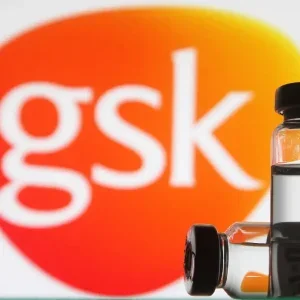Altos Labs, a new biotechnology company focused on deep biology of cellular rejuvenation programming, has been launched with $3bn in funding commitments from investors.
The new company has a team of scientists, clinicians, and leaders from both academia and industry, jointly working on the common goal of reversing disease, injury, and the disabilities.
Its executive team compriss Hal Barron as CEO, Rick Klausner as chief scientist, Hans Bishop as president, and Ann Lee-Karlon as chief operating officer.
Hal Barron is currently president and chief scientific officer at GSK, Klausner was former director of the National Cancer Institute, Bishop was former CEO of GRAIL and Juno Therapeutics, and Lee-Karlon was senior vice president at Genentech.
Hal Barron said: “I am deeply honored to have been offered this once in a lifetime opportunity to lead such a unique company with a transformative mission to reverse disease.
“It’s clear from work by Shinya Yamanaka, and many others since his initial discoveries, that cells have the ability to rejuvenate, resetting their epigenetic clocks and erasing damage from a myriad of stressors.
“These insights, combined with major advances in a number of transformative technologies, inspired Altos to reimagine medical treatments where reversing disease for patients of any age is possible.”
Altos Labs will initially operate in the San Francisco Bay Area and San Diego, and in Cambridge, UK, with major collaborations in Japan.
Activity is planned to be organised across the Institutes of Science and the Institute of Medicine of Altos.
With a focus on deep scientific questions, the Altos Institutes of Science will combine their findings into one collaborative research effort.
The Altos Institute of Medicine will help in developing transformative medicines, by capturing knowledge generated about cell health and programming.
The company’s three Institutes of Science, at Bay Area, San Diego, and Cambridge, UK, will be led by Peter Walter, Juan Carlos Izpisua Belmonte, and Wolf Reik, respectively.
Izpisua Belmonte was professor at the Salk Institute, Reik was director of the Babraham Institute, and Walter was professor at the University of California, San Francisco (UCSF).
Peter Walter’s research is focused on molecular understanding of how cells control the quality of their proteins and organelles during homeostasis and stress
Izpisua Belmonte worked on strategies to improve health, including tissue and organ regeneration and cellular and organismal rejuvenation.
Wolf Reik is a pioneer in epigenetic reprogramming of mammalian cells.






